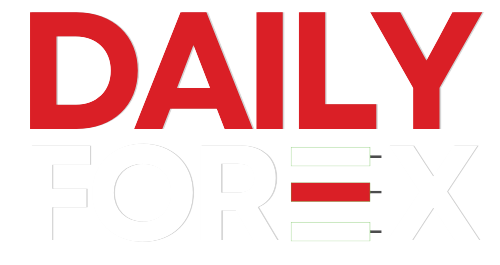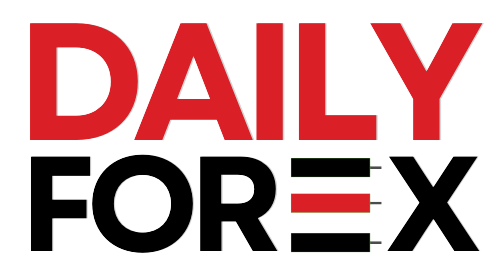When it comes to financial markets, two of the most popular options for traders and investors are forex (foreign exchange) and stocks. While both offer unique opportunities, forex trading provides several advantages that make it an attractive choice for many traders.
Why Forex Trading Stands Out
The forex market is the largest and most liquid financial market in the world, with an average daily turnover of over $6.6 trillion. Compared to stock markets, where thousands of companies are listed, forex trading focuses primarily on seven major currency pairs, making it easier to monitor and trade effectively.
Let’s explore why forex trading is often preferred over stocks.
1. Trade Anytime with a 24-Hour Market
Unlike stock markets that operate during specific hours (e.g., NYSE: 9:30 AM – 4:00 PM EST), the forex market runs 24 hours a day, five days a week.
This flexibility allows traders to participate in the market at their convenience, whether during the Asian, European, or U.S. trading sessions.
Key Benefit: You can trade forex according to your schedule without being restricted by stock exchange hours.
2. Low Trading Costs – No Commissions
Many stock brokers charge commissions, while forex brokers typically don’t.
Instead of paying commissions, forex traders only pay the bid/ask spread, making trading costs lower compared to stocks.
Types of Forex Accounts:
- Standard Accounts: No commission, costs built into spreads.
- Raw Spread Accounts: Tight spreads, small commission per trade.
Key Benefit: Lower costs mean more profits stay in your pocket.
3. High Liquidity – Easier to Enter and Exit Trades
The forex market’s massive daily trading volume ensures that currency pairs can be bought and sold instantly with minimal price fluctuations.
In contrast, stock markets don’t offer the same level of liquidity, especially for smaller stocks, which may experience price gaps or low trading volume.
Key Benefit: With forex, you get faster execution and tighter spreads, reducing the risk of price slippage.
4. Profit in Both Rising and Falling Markets
Stock traders need a bullish market to profit, meaning they rely on rising stock prices.
Forex trading, on the other hand, allows traders to buy (long) or sell (short) at any time, taking advantage of price movements in both directions.
For example:
- Going Long: Buying EUR/USD when expecting the Euro to strengthen against the USD.
- Going Short: Selling GBP/USD when expecting the British Pound to weaken.
Key Benefit: No restrictions on short-selling means more trading opportunities.
5. No Market Manipulation – Trade with Transparency
Stock markets are heavily influenced by institutional investors, hedge funds, and even brokers who manipulate prices.
Forex trading, however, operates on a decentralized network with transactions happening across multiple global financial institutions. This makes market manipulation highly unlikely, especially in major currency pairs.
Key Benefit: A fairer and more transparent trading environment.
6. No Uptick Rule – Short-Selling Anytime
In stock trading, short-selling often comes with restrictions such as the Uptick Rule, which prevents selling a stock if its price is already dropping.
Forex trading has no such restrictions—you can buy or sell a currency pair whenever you want, regardless of market conditions.
Key Benefit: Greater trading flexibility to take advantage of market opportunities.
7. Lower Barrier to Entry – Trade with Small Capital
To invest in stocks, you often need significant capital to buy shares. Many brokers also require a minimum deposit to open an account.
Forex trading allows traders to start with as little as $50 due to leverage.
Lot Sizes in Forex:
- Standard Lot: 100,000 units
- Mini Lot: 10,000 units
- Micro Lot: 1,000 units
- Nano Lot: 100 units (available with some brokers)
Key Benefit: Trade big with small capital using leverage.
Forex vs. Stocks: A Quick Comparison
| Feature | Forex | Stocks |
|---|---|---|
| 24-Hour Trading | ✅ Yes | ❌ No (Limited Market Hours) |
| Low Trading Costs | ✅ Yes | ❌ No (Commissions Apply) |
| High Liquidity | ✅ Yes | ❌ No (Less Volume for Some Stocks) |
| Profit from Rising & Falling Markets | ✅ Yes | ❌ No (Mostly Bullish Trades) |
| Short-Selling Anytime | ✅ Yes | ❌ No (Restrictions Apply) |
| No Market Manipulation | ✅ Yes | ❌ No (Subject to Insider Trading) |
| Small Capital Requirement | ✅ Yes (Trade with $50+) | ❌ No (Higher Capital Needed) |
Final Thoughts – Which Market Should You Choose?
Both forex and stocks have their own advantages, but for traders seeking high liquidity, low costs, and 24-hour trading, forex offers more flexibility and opportunities.
If you want to trade in a global, decentralized market with low capital requirements, forex might be the right choice for you.
Ready to start trading? Open a demo account and test your strategy risk-free before going live!




